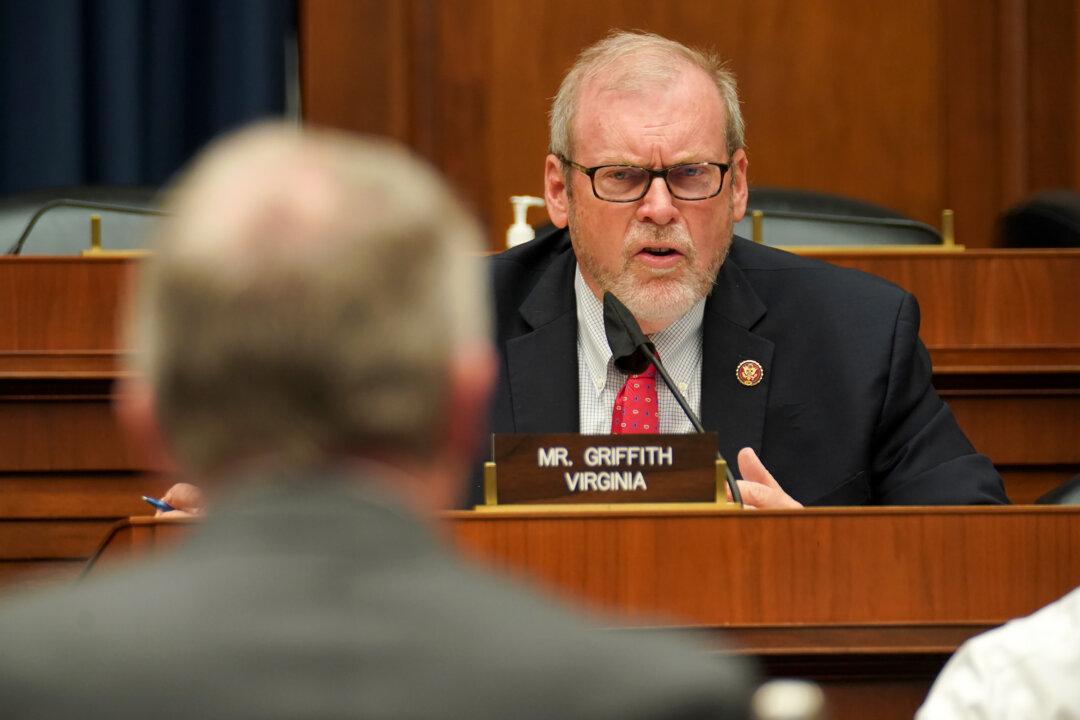Robert F. Kennedy Jr. will appear on the presidential ballot in Michigan, a key battleground state in the 2024 election, threatening to upend what was essentially a two-person contest between President Joe Biden and former President Donald Trump.
Mr. Kennedy, who has struggled to gain ballot access, was nominated by the Natural Law Party in Michigan on April 18, granting him a place on Michigan’s presidential ballot.





